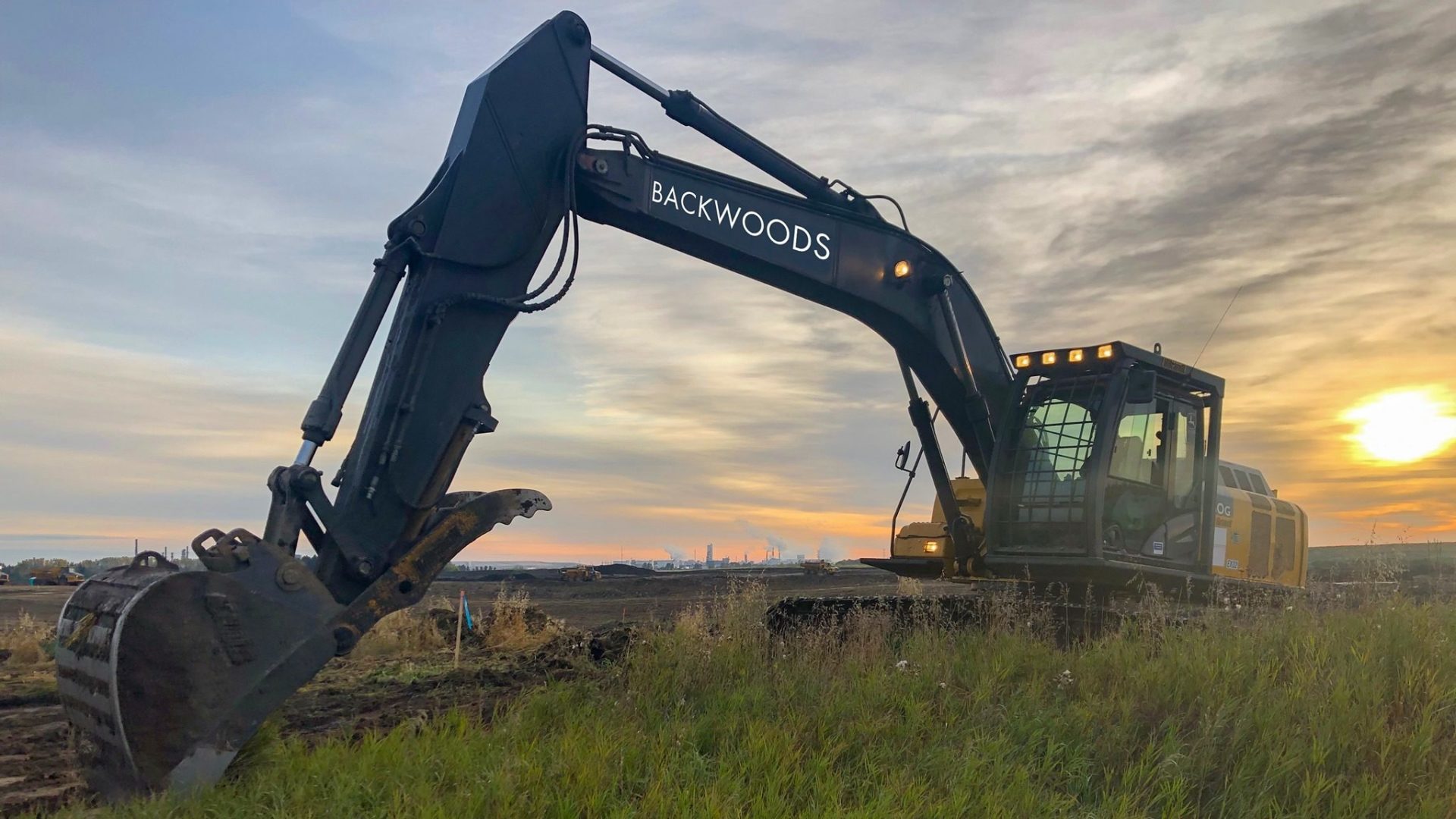The benefits to Indigenous communities from building the Trans Mountain pipeline expansion continue to grow.
In addition to more than half a billion in mutual benefit agreements with First Nations along the route, the project spent more than $1 billion with Indigenous companies in 2021 alone, according to the latest update.
“We’re really taking up the challenge of finding ways to create true economic reconciliation in these communities,” Trans Mountain CEO Ian Anderson said on a recent podcast with the ARC Energy Research Institute.
“That’s part of the legacy, that hopefully one will look back on this project as an example of what can be achieved if you really lean into it and take responsibility for it.”
Meanwhile, Indigenous groups are seeking ownership of the Trans Mountain project, which the federal government owns and plans to sell once the expansion is complete.
Trans Mountain’s mutual benefit agreements with 69 Indigenous communities are now worth over $580 million, an increase of almost $200 million more than previously expected, according to the company. It’s also nearly 100 per cent of the First Nations along the route, Anderson said.
The details of these agreements are confidential, but they can include financial compensation, commitments for contracting, procurement, employment, training, emergency response and environmental protection, according to the federal government.
As of the end of 2021, the project has awarded more than $2.7 billion to Indigenous businesses through nearly 4,000 separate contracts, Trans Mountain says. That’s up by over $1.3 billion compared to the end of 2020.
“[This] is a significant volume and a number I’d never expected to reach,” Anderson said, adding that he has high expectations it will continue to rise. Project completion is now expected by next fall.
Indigenous contractors include companies like Kamloops, B.C.-based Sun Ridge Contracting, an earthworks operation owned by Tk’emlúps te Secwépemc community members. Owner and CEO Carrie Leonard says the company is a major employer of Indigenous people, providing jobs, training and an annual bursary for Indigenous students enrolled in the trades.
Another Indigenous contractor is Backwoods Energy Services, owned by the Alexis Nakota Sioux Nation near Edmonton, Alberta.
The company is the largest independent source of income for the band and the largest employer of band members. It supports the community with scholarships, summer student programs, and co-op programs.
More than 2,000 Indigenous workers have been on the Trans Mountain expansion as of the end of 2021, an increase of approximately 1,000 people compared to the end of 2020.
About 13,600 people were working on the project at the end of February, the company said.
The unaltered reproduction of this content is free of charge with attribution to Canadian Energy Centre Ltd.
